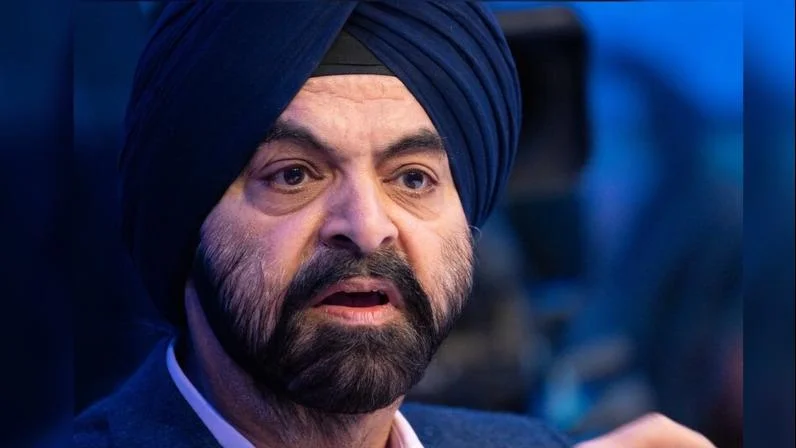The International Finance Corporation (IFC), in collaboration with Suzano S.A., has initiated a project aimed at fostering sustainable forestry practices in Brazil. This initiative is part of Brazil's commitment to reducing greenhouse gas emissions by 43 percent between 2005 and 2030, primarily through sustainable biofuels and clean energy.
A loan from IFC has enabled Suzano S.A. to invest in sustainably managed eucalyptus plantations and the construction of a greenfield pulp mill in Ribas do Rio Pardo, Mato Grosso do Sul. This endeavor aims to sequester carbon and increase the use of renewable energy. The project, completed in 2024, includes the creation of approximately 45,000 jobs during the construction phase and has resulted in around 3,000 employees being hired for the mill's operations.
Suzano's mill, a first of its kind in Brazil and Latin America, operates fossil-fuel free, setting a milestone in eco-efficiency and sustainability. "This project incorporates a highly efficient production process," noted a representative from the organization. Additionally, it contributes renewable electricity, with plans to sell 180 megawatts of surplus energy to the national grid.
The IFC's investment of $250 million, complemented by $700 million from partner institutions, supports Suzano S.A., the world's largest hardwood pulp producer, in the "Cerrado Project." The mill, with a capacity of 2.55 million tons per year, relies on eucalyptus wood sourced from responsibly managed areas within a 65 km radius.
Reflecting on the project's collaboration, a Suzano representative stated, "The project has highlighted the importance of collaboration – even between competitors – in building sustainable value chains." They also acknowledged challenges in attracting and retaining labor, particularly for field activities that require manual labor, and noted efforts in improving local infrastructure and offering technical training.
Further steps include a partnership between IFC and Suzano to implement ecological corridors in the Brazilian Cerrado and promote socio-biodiversity. This involves connecting 35,000 hectares of native vegetation fragments and encouraging landowners to engage with the Rural Environmental Registry.
Overall, this initiative represents a significant effort towards environmental sustainability and economic development in Brazil.

